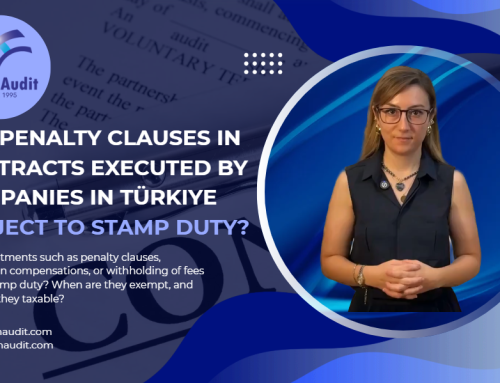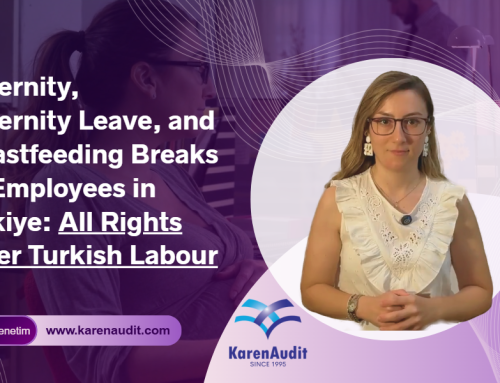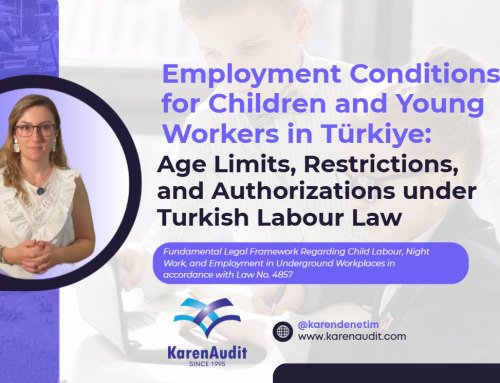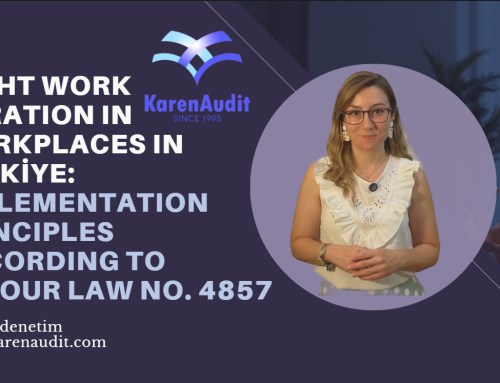Rent Increase Rate in Türkiye for September 2025: What Tenants Need to Know
The maximum rent increase rate in Türkiye for September 2025 has been officially announced: 39.62%.
Every month, Türkiye’s official statistics institute publishes inflation data, and this directly determines how much landlords can increase rents. For September 2025, based on the twelve-month average Consumer Price Index (CPI), the legal limit has been set at 39.62%.
Monthly Comparison
To put this into perspective, in August 2025, the rate was 41.13%. This shows that rent increase rates change slightly every month depending on the inflation figures.
What Does This Mean for Tenants?
If your lease is up for renewal in September 2025:
-
Your landlord can raise the rent only up to 39.62%.
-
They cannot legally demand a higher increase unless both parties mutually agree.
Legal Background
According to the Turkish Code of Obligations, Article 344, rent increases must be based on the twelve-month average CPI. This rule applies to both residential and commercial leases.
Landlords cannot unilaterally impose higher increases. The law protects tenants by setting this upper limit, ensuring fairness and preventing excessive rent hikes.
Key Takeaways
-
✅ The legal cap for September 2025 rent increases is 39.62%.
-
✅ Landlords cannot exceed this rate on their own.
-
✅ Both parties can agree on a different amount, but the tenant is legally protected by the cap.
If you are renting in Türkiye, make sure to review your contract carefully and understand your rights before agreeing to a new rental price. Staying informed about monthly CPI updates will help you protect yourself and negotiate confidently with your landlord.
Legal Notice: The information in this article is intended for information purposes only. It is not intended for professional information purposes specific to a person or an institution. Every institution has different requirements because of its own circumstances even though they bear a resemblance to each other. Consequently, it is your interest to consult on an expert before taking a decision based on information stated in this article and putting into practice. Neither Karen Audit nor related person or institutions are not responsible for any damages or losses that might occur in consequence of the use of the information in this article by private or formal, real or legal person and institutions.






